Amanda Seller, the Chief Executive Officer of USA for UNFPA, spoke with Yves Sassenrath, UNFPA’s Representative in Haiti, about his work there after the recent political unrest and devastating earthquake.
Watch the full interview here.
Women and girls in Haiti are on the frontlines of these crises. They are health care workers in their communities, caregivers and providers for their families, and agents of change for a more resilient Haiti. But, during crises, women and girls in Haiti experience high levels of violence, including sexual and gang violence. If they are pregnant, Haitians face high rates of maternal death. And young Haitians must confront chronic underinvestment in their health, education, and futures.
This is why your support for Haiti is so crucial.
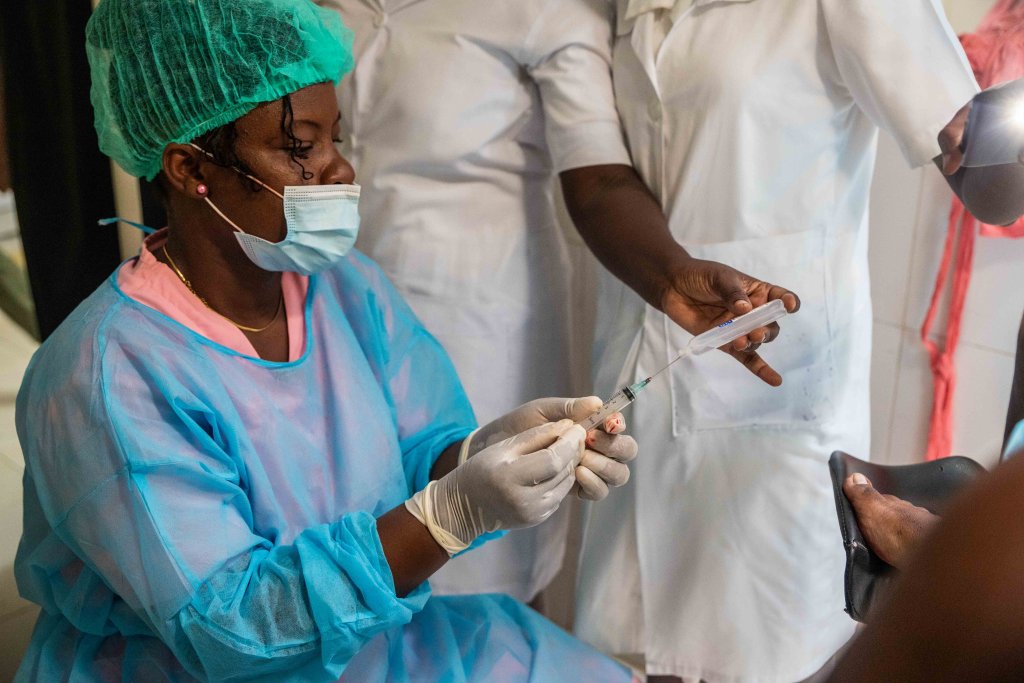
UNFPA works for a world where every pregnancy is wanted, every childbirth is safe, and every woman and girl is free from violence. In Haiti, UNFPA is also the leading UN agency supporting youth. This work is critical because 60% of Haitians are younger than 30 years old. And, understanding their needs, makes it possible to create programs that support a “Haiti for Haitians,” as Yves notes.
One such program that Yves spoke about was UNFPA’s mobile clinics. These clinics reach the most remote and disadvantaged communities, like in northwestern Haiti. There, Yves met 20-year-old Samantha. She was a mother, but she also had dreams of receiving an education. Samantha visited the mobile clinic to receive an IUD, a long-acting contraceptive. The IUD would prevent pregnancy until Samantha had earned her degree and was ready to grow her family.
Even though Samantha got the care she needed, Yves knew that women like her would be left behind.
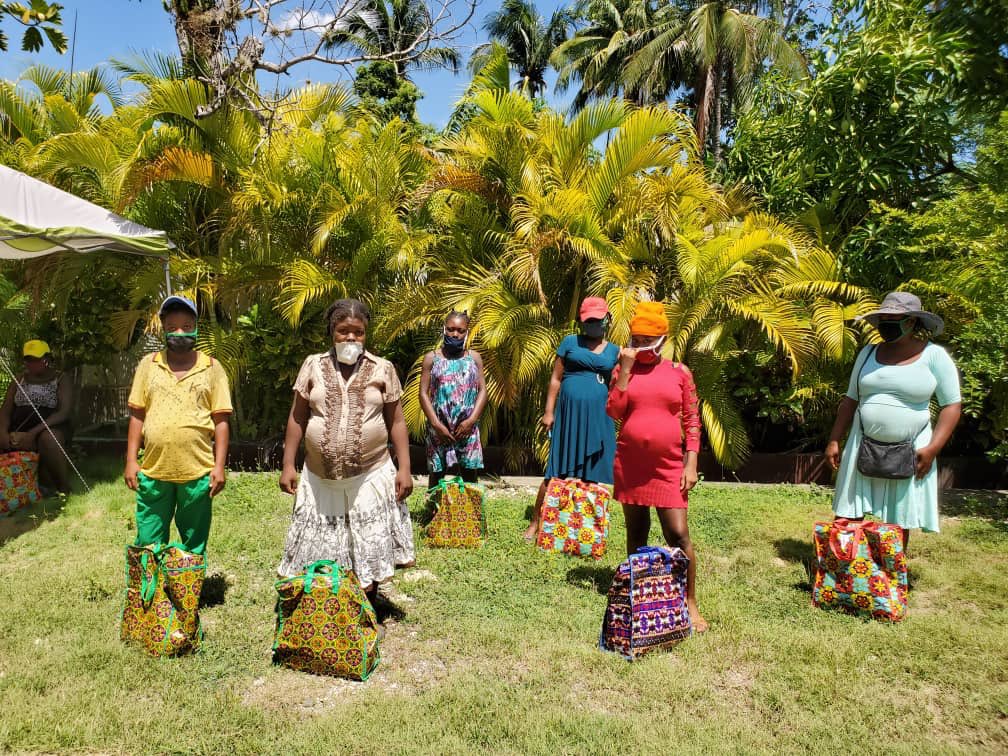
Funding shortages slashed UNFPA Haiti’s budget, leaving untold numbers of women unable to access lifesaving reproductive health care. This is just one challenge that Yves has faced while working in Haiti.
Another challenge is working in a multinational, multicultural context with16 different UN agencies following their own mandates. The UN also has a history of failure in Haiti. The work to change this legacy begins at the country representative level, with leaders like Yves. Yves, speaking about the UN, said, “We have to make drastic, fundamental, structural differences. We need to put Haitians first. Haiti for Haitians.”
Part of this work means understanding the unique history of Haiti as the first Black republic, the first independent Caribbean state, and the first country in the Western hemisphere to abolish slavery.
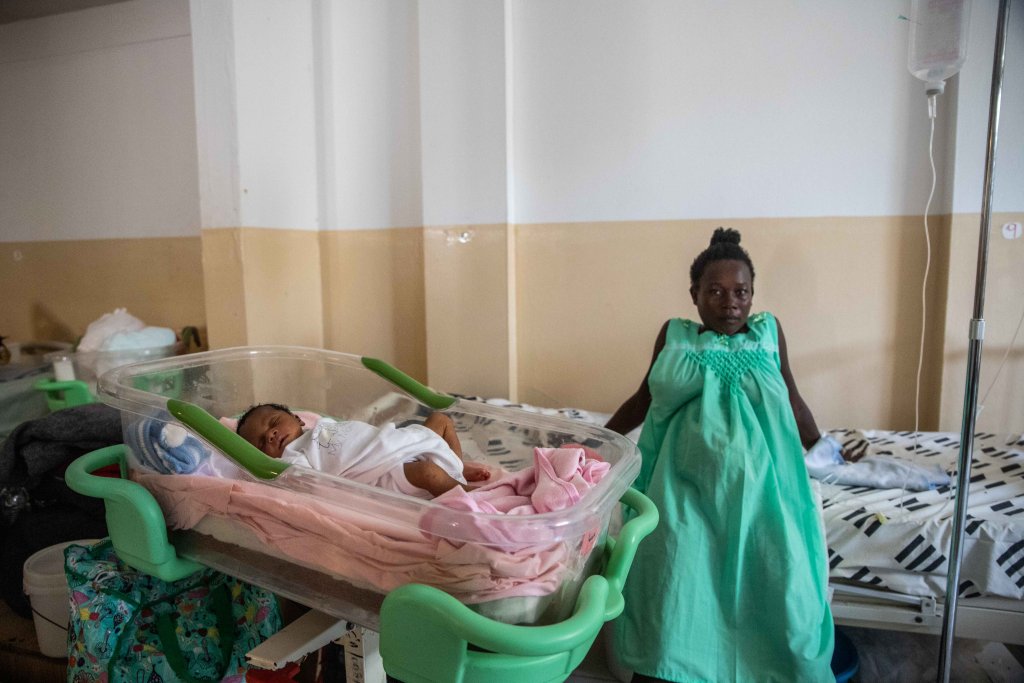
This is a history to be tremendously proud of, but it came at a cost. Since its independence in 1791, Haiti has faced intense international hostility. The country had to pay reparations to French slave owners that had lost their “property” during the revolution. Later, from 1915 to 1934, the United States occupied Haiti following the assassination of their president. This led to underinvestment in Haiti’s most valuable resource – its people.
Yves explained how Haiti’s unique past continues to impact humanitarian work today, “Haiti is still suffering from its colonial past… It is a country that has been built from the enslaved people who arrived here some 300 years ago.” When Yves and other UN officials work in Haiti, their role is to support the health and rights of Haitians. This is important to keep in mind when designing programs to meet the needs of their people for their future.
Today, UNFPA invests in Haitian women and girls and in Haiti’s youth.
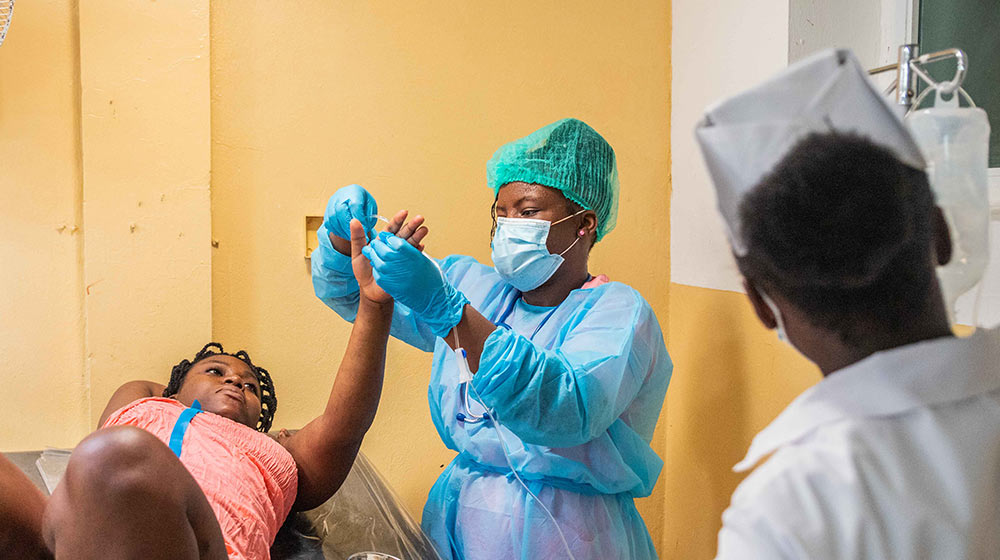
Some parts of the country are controlled by armed groups and gang violence. This limits youth education and employment opportunities. And, it puts women and girls in situations where they are vulnerable to violence and exploitation. UNFPA ensures that women and girls are physically and mentally healthy, because, as Yves says, “You will not be able to build a nation if women are not healthy.”
You can support a healthier and safer Haiti – a Haiti for Haitians.
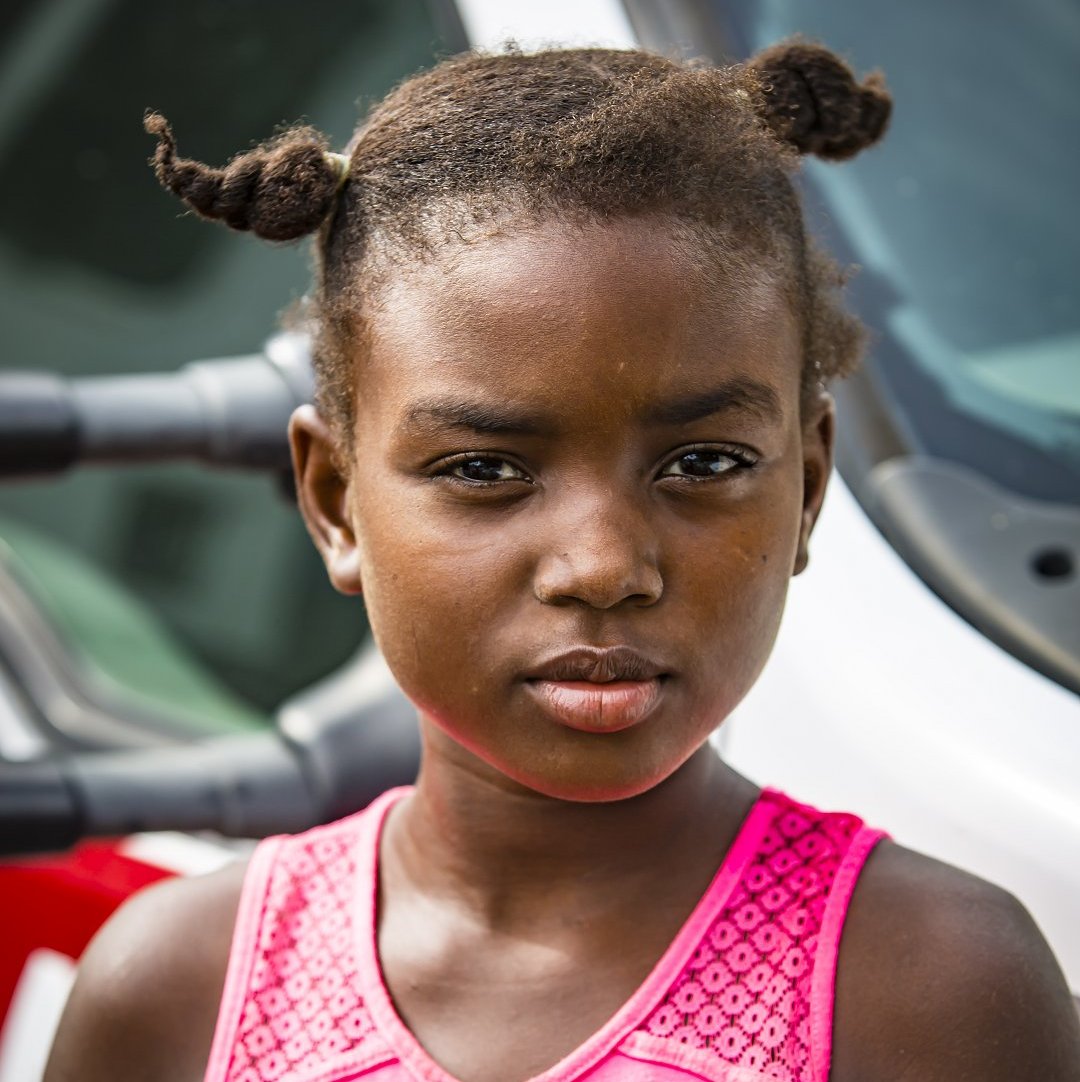
Haiti’s chronic crises mean that the need is overwhelming. While UNFPA Haiti has enough resources to meet women and girls’ immediate needs in the aftermath of the recent earthquake, the recovery phase could take years and will require much more funding. A contribution today will mean a generation of healthy and empowered Haitian women in the future.
Yves is originally from Luxembourg and has worked with the UN for 22 years, including with UNFPA in Brazil. He will soon depart Haiti to become UNFPA’s Representative in Mali. He is a husband and father of three.
-Dana Kirkegaard